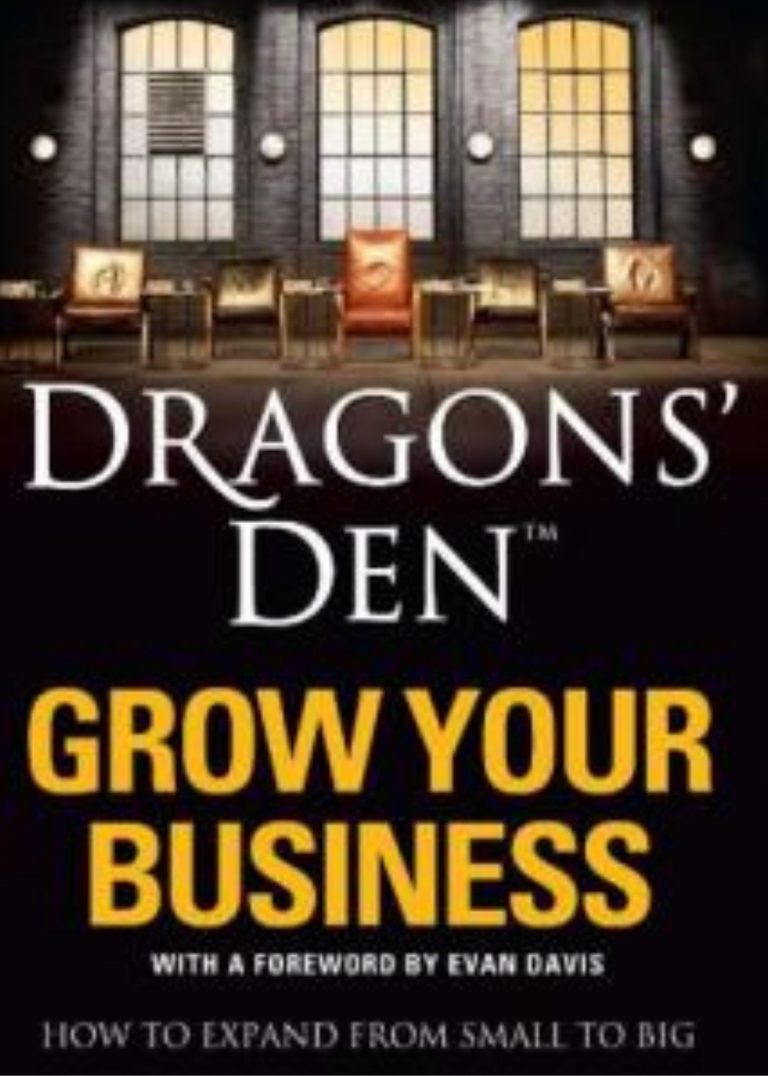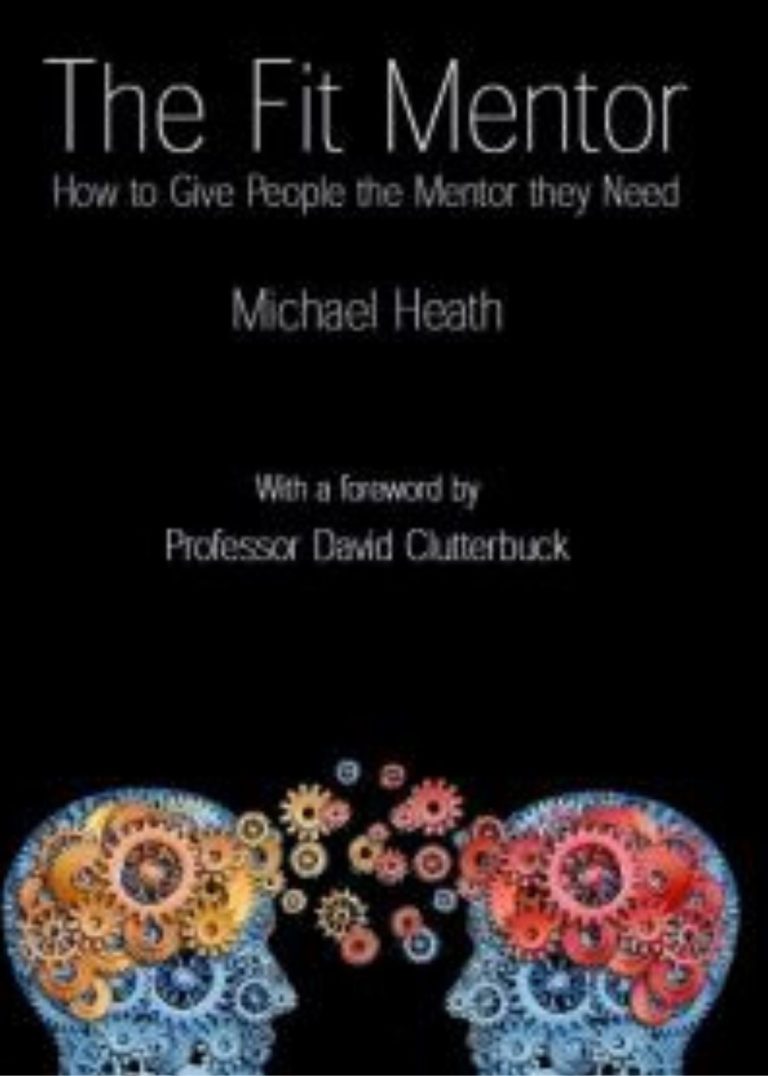Many people enjoy job interviewing. Yet many think of it as a nightmare: a cat’s cradle of legislation and booby-traps all cunningly designed to ensnare the unwary. But does it have to be like that? In the first of three articles, we lead you through key moments of the process to help you get it right every time.
There are many frightening facts about wrong appointments. Facts like the recent research that calculated that every manager or professional who resigns costs a company up to 18 months’ salary.
Spiralling numbers of disaffected employees taking their organisations to tribunals only add to the horror of it all. It’s no wonder that so many interviewers shrink from the task. More worryingly, some interviewers haven’t a ghost of a chance of appointing the right person. Their interviewing skills – or rather lack of them – see to that!
The real tragedy of it all is that interviewing candidates for a job can be very straightforward – as long as you keep certain principles unwaveringly in the front of your mind.
First look at the job itself – not the candidate
Poor interviewers ask unnecessary questions because they have failed to look first at the skills needed to do the job. You can usually spot the poorly prepared interviewer by the unimaginative list of questions they’ve brought with them:
“What would you say is your major weakness?”
“What would your best friend consider your major strengths to be?”
Why do we believe them to be inadequate? Well, probably everyone reading this article has been asked them at some time in their career. And what did we do? We confidently delivered a prepared answer, along the lines of: “Well, I guess I do tend to throw myself into my work too much. It’s one of the downsides of loving what I do.”
Or, try this on for size, “People have said that I set myself too high standards and then expect everyone around me to meet them as well.”
Point made? Of course they don’t elicit real responses from the candidate, but carefully constructed – and rehearsed – responses that are really strengths in disguise. Good interviewers don’t fall for them. But then again, good interviewers don’t ask them!
Dust off that Job Description
No. Before you write your first question take out the Job Description, Person Specification, or whatever documentation you have to define the job and make a list of the key skills needed to do the role. Look at the present incumbent; if you’re a fan of the way that they have carried out the role then look at the things you valued about them. Why not ask them? Whichever source you choose, let your list reflect the attributes needed.
Your list will often carry the same skills:
- Organising and prioritising their workload
- Dealing with a wide range of people
- Initiative and problem solving
- Attention to detail, etc.
If these skills are necessary to carry out the role successfully, then let them be your starting point for the questions you’ll want to ask. You have a very short time often with your interviewee. Therefore you need to be asking questions that quickly establish whether they are up to the job – or not.
Once you have your skills list then is the time to think about your questions. But here is another potential ‘bear trap’ for the unwary: your question itself must be carefully communicated.
Past Performance Matters
One of the major leaps forward over recent years was the realisation that ‘Past performance is often the most accurate indicator of future performance.’ Read that statement again. People don’t change overnight. They don’t suddenly acquire abilities which were severely lacking in their last role. If they were good at what they did in their last role – and the new role is similar in what it will demand of the applicant – then they will probably be as successful in their new role.
That’s why we prefer to avoid “What if?” questions. There are occasions when they are useful, but they only get the candidate to hypothesise about what they might do. We need to explore what they did do. That’s why our questions look for evidence of past achievements, past triumphs and, in a positive way, past disappointments. These help us to form a rounded picture of the individual – and give us a much better idea of how their abilities would match the criteria of skills we said was necessary at the outset.
Now that we have our list of skills, and a commitment to explore the past performance of our candidate, how should we construct a sequence of questions that help us assess whether they have what we are looking for.
That’s what the second article will be about: The Question Cycle!






